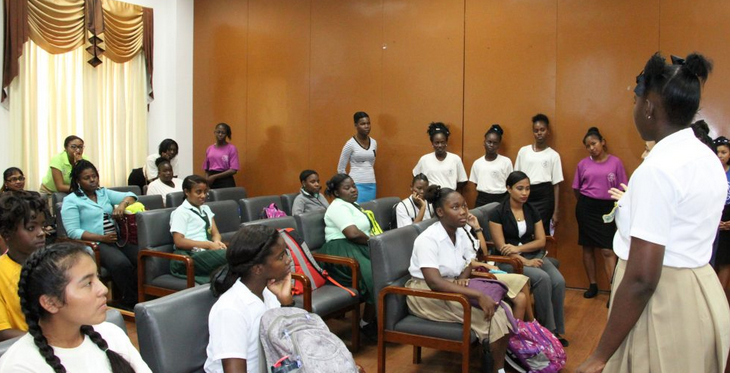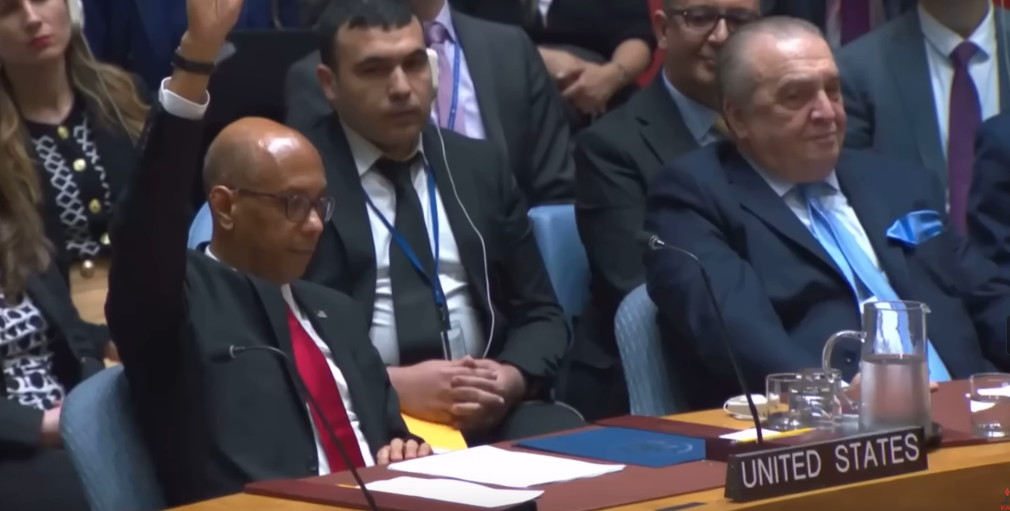[Everyday Racism & Black Mental Health]
The International Handbook of Black Community Mental Health brings together the work of researchers and practitioners from all over the world to explore the personal, lived experiences of people of color in the mental health system.
Photo: Book Cover screenshot
Everyday racism is more dangerous than institutional racism to Black mental health experts say in new book.
50 years ago, the Father of Black Psychology, Professor Joseph L. White published the seminal article “Towards a Black Psychology”, challenging the dominance of white middle-class culture in determining what psychologists considered “normal”. Half a century on, many (white) people are still uncomfortable discussing the important and controversial topic of mental health and race.
The International Handbook of Black Community Mental Health brings together the work of researchers and practitioners from all over the world to explore the personal, lived experiences of people of color in the mental health system. Crucially, contributors go on to not only outline and make policy recommendations but have developed practical exercises/activities and new technologies that can help to address the problems of both Black mental health professionals and service users.
Experts argue in the International Handbook of Black Community Health that: “Everyday racism” and day-to-day micro-aggressions are much more devastating than institutional racism in our mental health services.”
They say the time for change is now. Contributors argue we must:
• Move beyond the old, non-accountable model of “institutional racism” to address “everyday racism” and the multiple forms of destructive and demoralizing micro-aggression and negative “racialized forms of communication” that people of color constantly confront in both mental health services and universities.
• Take action to end the over-representation of Black men in the mental health system and make more genuine efforts to develop better and more comprehensive services.
• Make use of technologies/tools and tested programs that have been shown to help young people with challenging behaviors “choose certain emotions in any situation they are in” to control their anger, ultimately reducing school exclusions and raising academic achievement.
• Stop treating “cultural competence” for service providers as a tick-box exercise.
• Recognize “extreme racism” as a psychological disorder in the American Psychological Association’s Diagnostic and Statistical Manual of Mental Disorders (DSM).
In his Foreword, Prof Joseph L. White describes the book as “outstanding”, “very timely” and says it “will go a long way towards raising awareness challenging systems and structures and creating more favorable positive outcomes for people of color who access mental health services.” The Prologue is by author, Professor Alvin Poussaint a former television psychological consultant for a number of TV shows in the USA says, “I applaud the Editors’ work. This insightful book will prove valuable for individuals who seek a better understanding of the challenges people of color face in mental health.”
About The Editors:
Dr. Richard Majors is a Counselling Psychologist and Honorary Professor at the University of Colorado in the United States, who has been living and working in the UK for over 20 years. He is a former Clinical Fellow in Psychiatry at Harvard Medical School, where he co-founded the National Council of African American Men (NCAAM), one of the first umbrella groups in the United States for African American males. He is the founder and former deputy editor of the Journal of African American Studies (formerly the Journal of African American Men), one of the largest ethnic journals in the US. Dr Majors’ book Cool Pose: The Dilemmas of Black Manhood in America (1992) is considered a classic in the field and is one of the most cited books in race relations and gender in the US. Dr. Majors also wrote the lead psychological expert statement, in the UK high court for the landmark case, SG vs St. Gregorys Science School, which successfully overturned previous policy and legislation that prevented Black children from being able to wear culture-specific hairstyles in school.
Karen Carberry, MSc, Dip.Psych. is a Black British Family and Systemic Psychotherapist, Consultant Family Therapist of Orri – Specialist Day Treatment for Eating Disorders, AFT Registered Systemic Supervisor and a Fellow of the Asian Academy of Family Therapy (AAFT). As a practitioner-scholar, she has presented papers, lectures and conducted masterclasses and seminars all over the world.
Dr. Theodore S. Ransaw is a K-12 Outreach Specialist in the College of Education at Michigan State University and Core Faculty in African and African-American Studies, also at MSU. He is also a co-editor of The Handbook of Research on Black Males, and the author of the Art of Being Cool: The Pursuit of Black Masculinity.
Emerald Publishing was founded in 1967 to champion new ideas that would advance the research and practice of business and management. Today, we continue to nurture fresh thinking in applied fields where we feel we can make a real difference, now also including the social sciences. Emerald manages a portfolio of over 350 journals and over 3,000 books and book series volumes, over 1,500 teaching cases as well as providing an extensive range of online products and additional customer resources and services. Emerald Publishing is part of the Emerald Group












